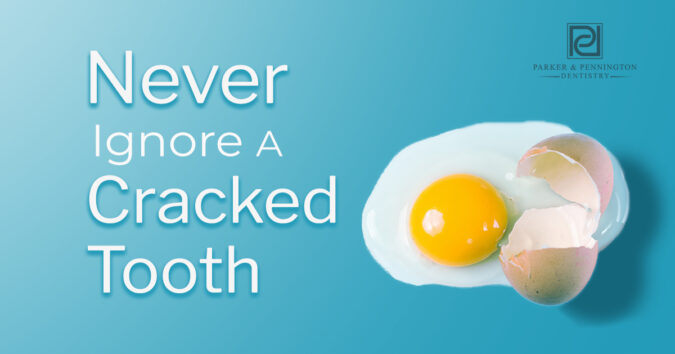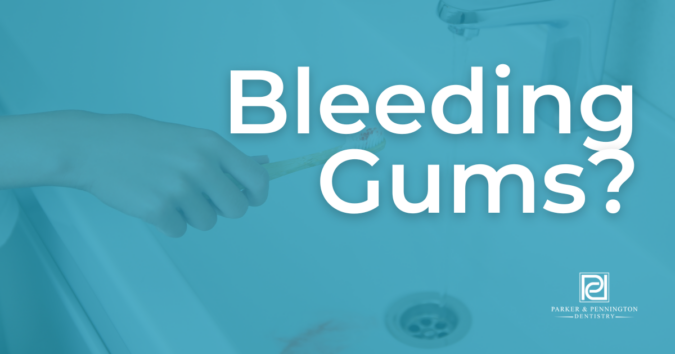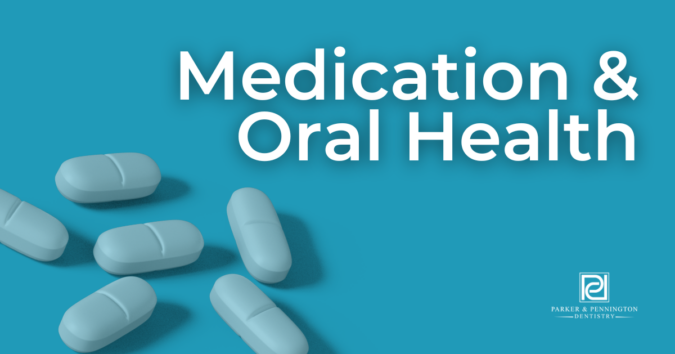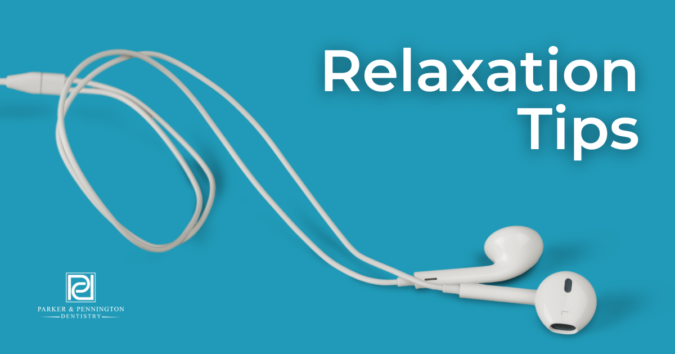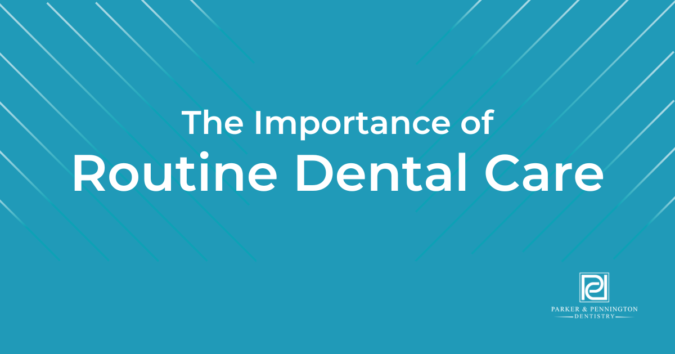Time To Schedule Your “Spring Cleaning”
With spring starting in a few short days, now is the perfect time to schedule a visit to the dentist. Spring is a popular time for people to deep clean their homes and clear out the winter clutter and mess. We can do the same for your dental health. When you visit our office for a hygiene examination and cleaning, we do a deep clean of your mouth, removing any plaque and bacteria that have built up since your last visit. Failure to schedule routine appointments can lead to serious complications with your oral health.




